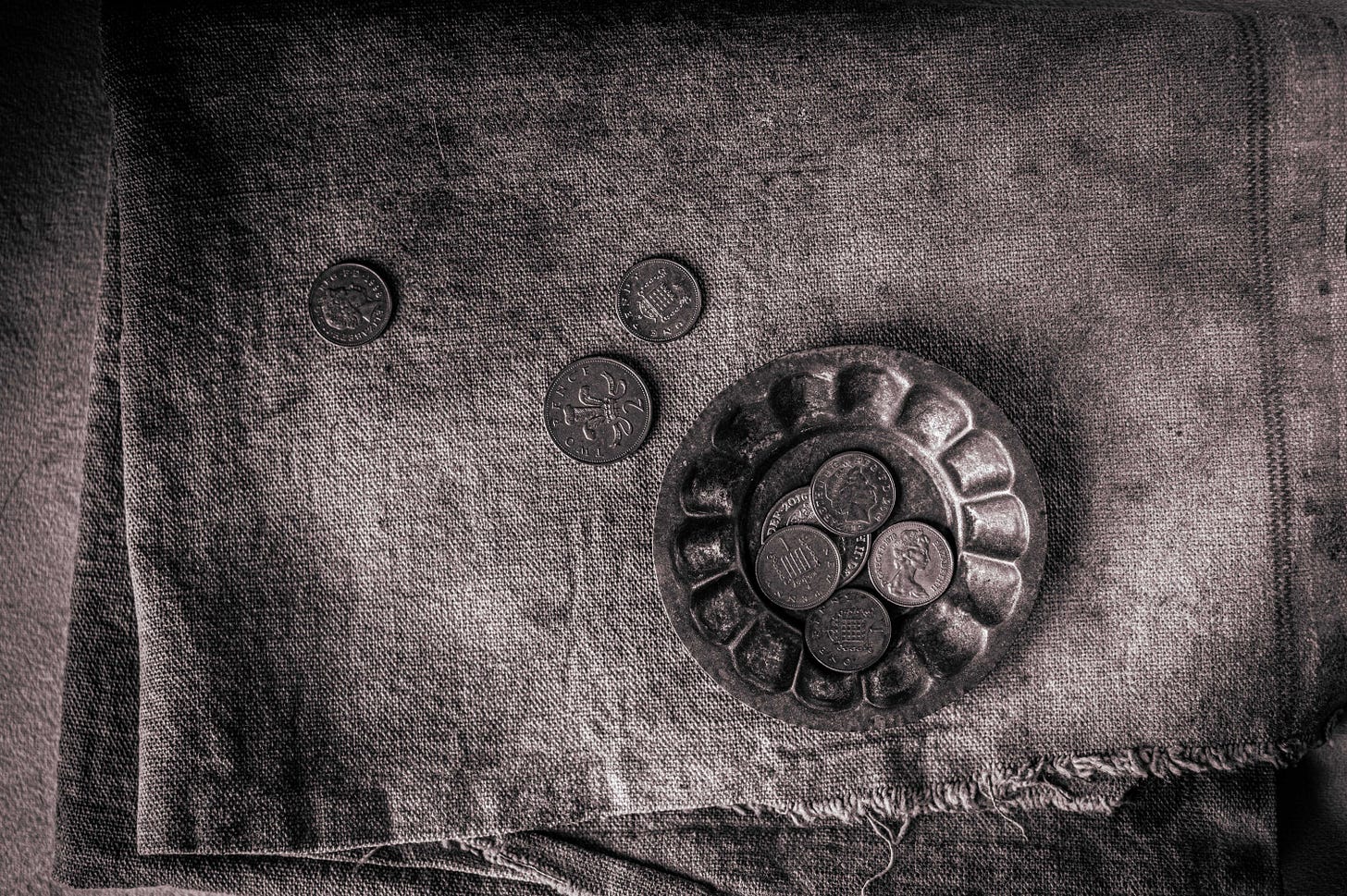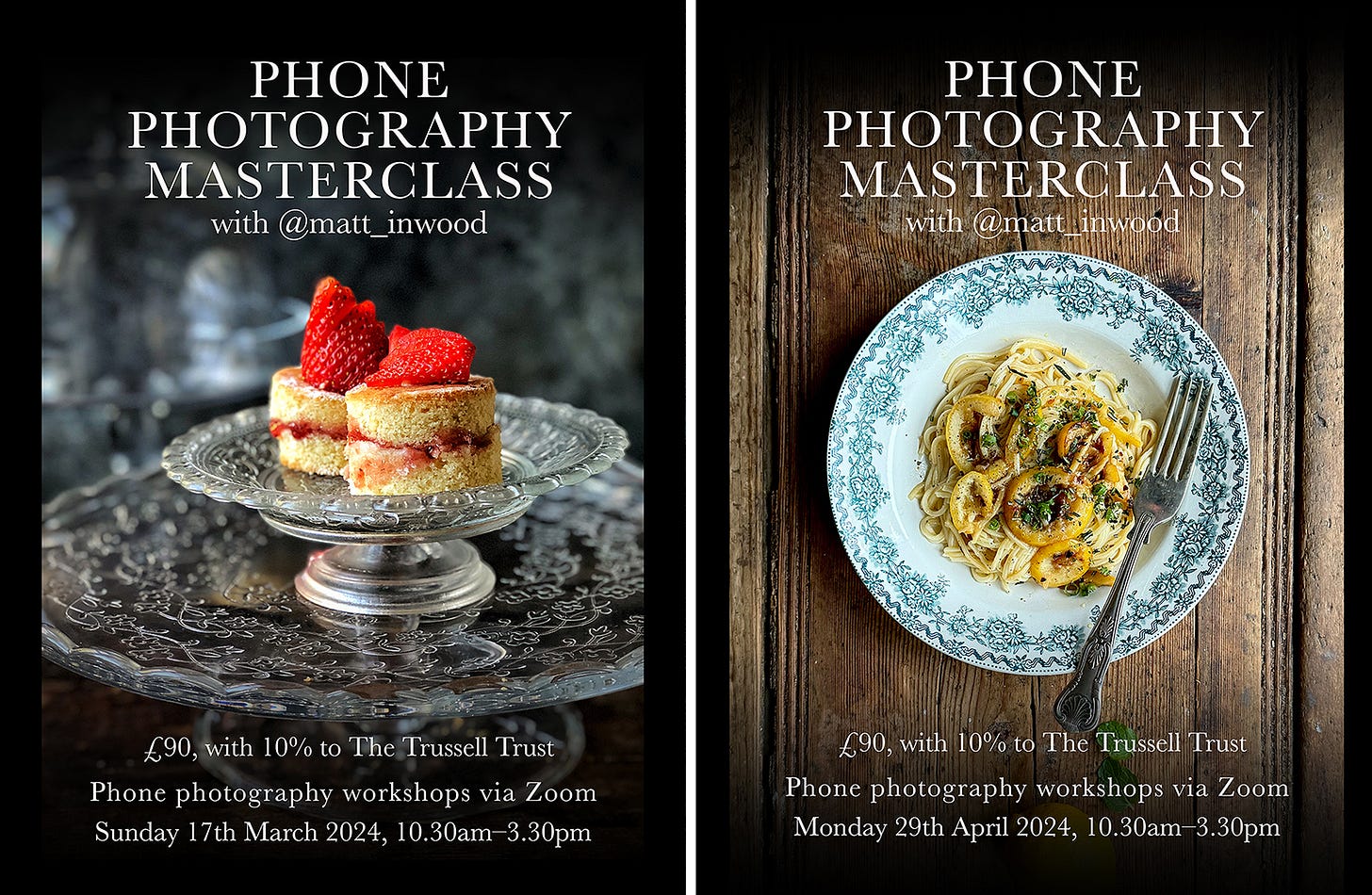Considering kindness
About four years ago, I was asked to write a small essay on kindness by someone who was apt to speak and write knowledgeably of that value himself. This interview with him reminded me to revisit the words that I wrote. The reminder was timely, as this week has brought kindness to me from various friends – ones met with and ones corresponded with and also via a long and inspiring conversation with a fellow creative. I’m grateful to each of those people. I’m reproducing the essay below that was first published fourteen hundred odd days ago for The Encouragement Manifesto.
Kindness
Defining things is rarely ever straight-forward. When we try, we should aim to make things as simple as we can, so as to convey meaning clearly. But not all words are easy to pin down. When we look to find meaning, much of our work relies upon using words synonymous with the ones we are trying to describe. So, we employ the word ‘noisy’ to explain the word ‘loud’ and then later we use the word ‘loud’ to describe the word ‘noisy’, unwittingly bolting ourselves into a circular loop of description.
What might it mean to be kind? What sort of virtue – if we can agree that kindness is a virtue – might we be describing? Kindness might be an act of goodness or compassion; it might be one of charity or generosity. But again, these are all words which spiral us into one long overlap of synonymity.
It’s possible to explain something by detailing what it is not. What might unkindness look like? In today’s fast-paced and often anonymous digital world, we can find unkindness so easily in a tweet, post or comment on social platforms. We can find it in the hyperbole of a newspaper column and in the grandstanding of a television pundit – there to bolster a critique, to reinforce an opinion or to challenge a rival. And yet we also know that people can sometimes be cruel in order to be kind, which tells us that well-meaning honesty can have a long-term value which justifies the short-term upset it might cause.
What is kindness?
Kindness, first and foremost, is something that happens between two or more people: it requires another. Even self-kindness requires two sides of the same person, in that ‘I’ might give something to ‘myself’.
Kindness has betterment as its end goal: to enhance a state of happiness, trust, knowledge, empathy or wellbeing.
Kindness is more than simple niceness. It requires you to invest more of yourself. Once acknowledged, kindness, as the saying goes, can indeed be its own reward, which is to say that it can create happiness in the person who gives equivalent to that of the person who receives.
But kindness is also vulnerability. To throw a coin into a beggar’s cup might be a charitable act, but it is not a kind one. Kindness requires more. Crouch down, meet that person at eye level, ask their name and offer yours, and place that same coin into their palm and talk for a few minutes. Kindness here is two people allowing themselves to be vulnerable. One cannot know the genuine need of the other; that other cannot know the intentions of the former. The strength of this act, this connection, has everything to do with this shared vulnerability. One person identifies sympathetically with the needs of another. That other drops their guard and allows part of their self to open to this gesture.
An open heart allows one the opportunity to receive so many wonderful things from others in the world, but it also leaves us vulnerable to being hurt and damaged by those whose intentions we are unsure of. So be careful not to underestimate the difficulty in receiving kindness.
But vulnerability is not all bad.
Don’t pass too often on the opportunity to accept kindness, because it has the ability to enrich two people. And don’t let too many opportunities to practice kindness pass you by – again, it will enrich two people.
Don’t fail to be kinder when you can. It will reward you more than good manners and a naturally reserved disposition. It will exceed niceness. It will produce that sparkle in the eyes which only a genuine smile can produce.
So perhaps ‘open-heartedness’ is as worthy a definition as any to finish on. Kindness is to expose that most vital of organs and to make it vulnerable; that organ that works so hard to keep us alive; the one that pushes something of value to every other part of our bodies.
Kindness is a good thing and can be a wonderful thing. Be kind.
Beckett and a loo roll
I had the pleasure of spending forty-five minutes in the company of Joanna Maclennan and Tim Clinch last week and the privilege of selecting my Desert Island Pics for their ongoing series dedicated to the eight photographs you would take with you if marooned away from the world and other people. My list started with Samuel Beckett and ended with a loo roll (clip above). Our conversation is included in the paid part of their
Substack. If you’re not a paid member then you can sign up for a week’s free trial and choose to cancel without paying anything. If you do sign up, temporarily or for more than a week, I can promise that you’ll find far more wonderful and expansive a trove of resources than yours truly talking about toilet paper. Do go and take a look.Recommended other fragments…
Just read: The Eyes of the Skin, Juhanni Pallasmaa
Finnish architect Pallasmaa’s short book is an essay about how we have come to prioritise one sense over all others. He argues that within architecture that has reduced the possibilities for buildings to truly amaze and inspire, and impoverished the experience we have in those spaces. It’s a fascinating and accessible book that makes one consider one’s own sensory discrimination. At the same time, Pallasmaa places us once more in awe of the physical world around us, both built and natural.
Now reading: The Foot of Clive, John Berger
I’ve been an admirer of John Berger’s writing for many years. I didn’t appreciate his seminal text, Ways of Seeing, when first I read it as a timid, bumfluffed art student back in my days at the Bournville School of Art. Of his non-fiction, And Our Faces, My Heart, Brief As Photos is up there with some of the best essay writing I’ve ever read. This is a first dive for me into Berger’s fiction, which tells the story of how a group of patients situated at the end (the foot) of Clive Ward (a hospital ward set in the 1960s) suddenly have their small society altered when the empty bed is taken by a murderer, close to death.
Podcast/Broadcast: Designing Books Is No Laughing Matter, Chip Kidd
This is my all-time favourite TED Talk. Every six months or so I recommend it to someone and when I do, I usually take the chance to watch it back myself. Chip Kidd is arguably the most famous book jacket designer of his generation – you’ll most likely recognise at least one of his cover designs from the talk. As an insight into that niche of design, his talk is so interesting. As a look into the glorious mind of a creative genius, it’s compelling viewing not to mention laugh-out-loud funny in places, too.
Music: Leaving Today, The Divine Comedy
I never quite got The Divine Comedy back when I was half the age I am now: something too playful/ironic/cheeky that always seemed to miss the mark. About twelve months ago, I heard this song. It’s from an album that is probably as close musically to one of Neil Hannon’s heroes – Scott Walker – as he ever got, not least on this track. Set in minor key, it’s a ballad of grandiose proportions, with lyrics that suggest the most tragic of relationship breakdowns… but it is simply a song about leaving his wife and child to go on tour with his band for a few weeks.
People: Rebecca Armstrong
I came across Rebecca’s new writing venture via this first posting which struck several chords with me – the risk and fear of burnout; arrival to something social and gentle with ‘clenched-fist’ stress levels; the transformative power of art and craft. Her Substack seems to promise clear and meditative writing and is well worth dipping into.
Forthcoming events…
My next Zoom-based phone photography workshops will be hosted on Sunday 17th March and Monday 29th April. Find out all you need to know and book your place here. Next month also sees me host the first of my ‘Refresher’ workshops. These are intended for anyone who joined me for a workshop before March of 2020 – there were 85 of them, and I hosted about 1,000 people. It is intended for that pre-Covid era intake who wish to top up their skills via refreshed and new insights, or for anyone who has been on the workshop since 2020 and would simply like to refresh their skills and pick up some new information, and reboot their ideas and inspiration in a re-jigged format.
Finally, after many enquiries over several years, I’m opening up some hour-long slots for mentoring sessions. These will be one-to-one Zoom calls, where I offer focussed and dedicated help to anyone seeking guidance, encouragement with their photography, food writing or creative endeavours in the world of food. You might be looking to enhance your online presence; you might be aiming to fix two or three key aspects of your photography practice; you might be daring to write your cookbook pitch or hone your food writing for publication. Take a look and hopefully you’ll agree that I’ve picked up some useful wisdom over 25+ years which can help you in your own creative efforts. The first dozen hour-long slots are being offered at the special offer price of £45, so do book in quickly if you would like one of them to be yours.






It’s obviously something in the air as I’ve been thinking many similar things of late. Lots of love to you Matt. You truly are one of the kindest souls I know. I feel it in my bones xx
I very much like Divine Comedy, though only want to play them once in a while but then probably only them all day. Our Mutual Friend (and the album its from) is a favourite